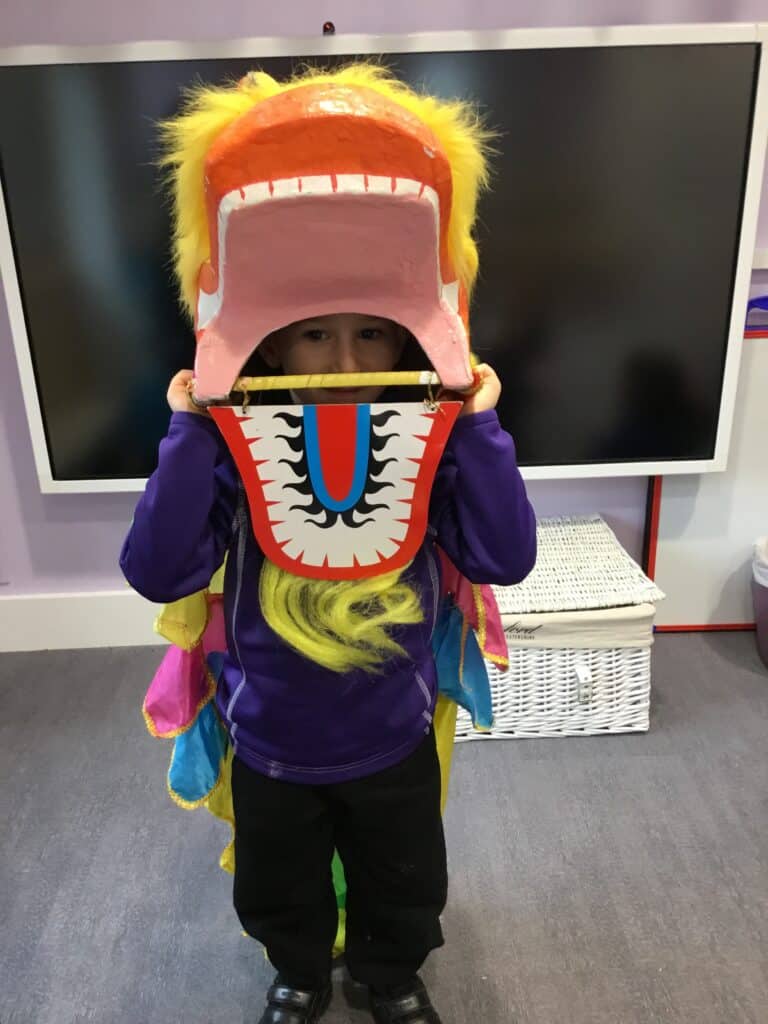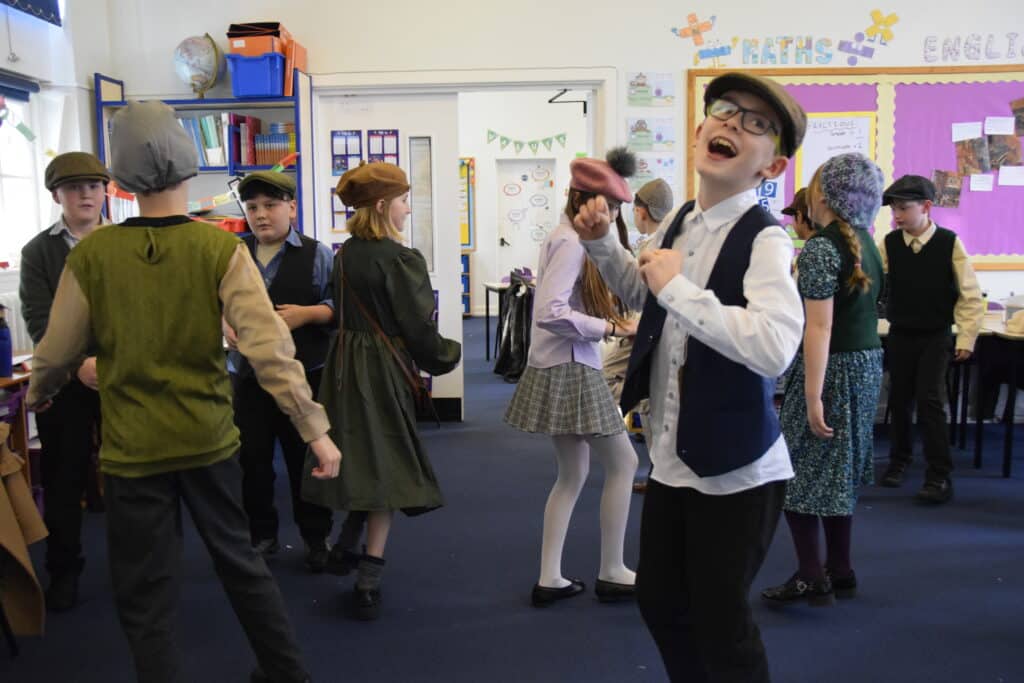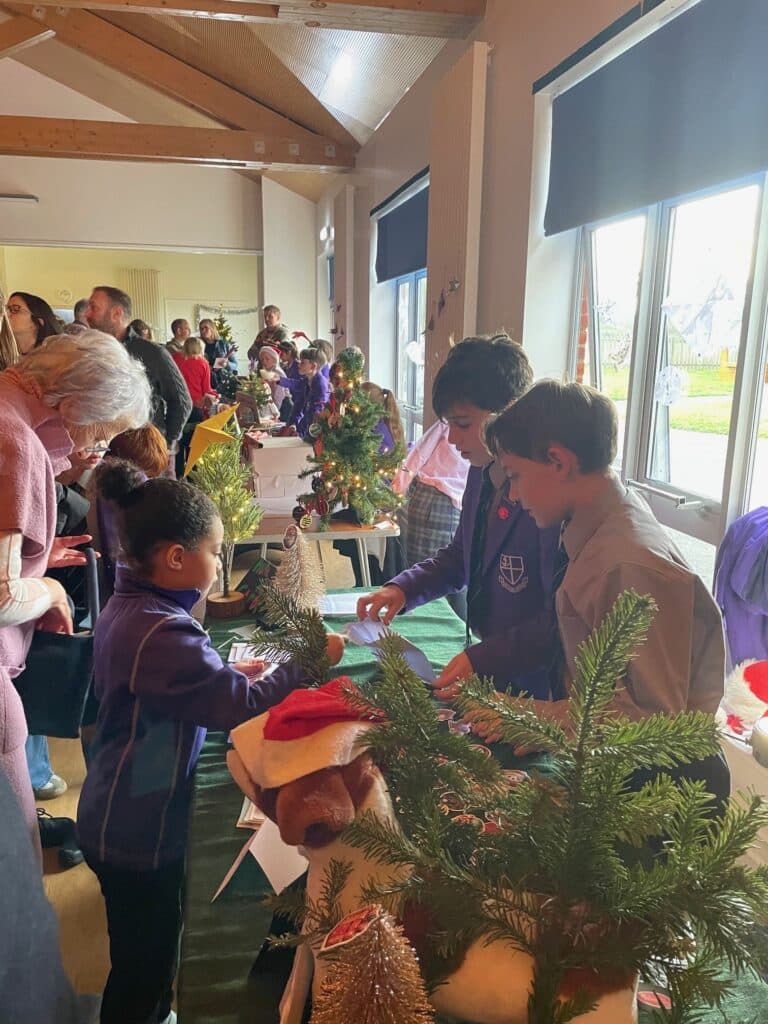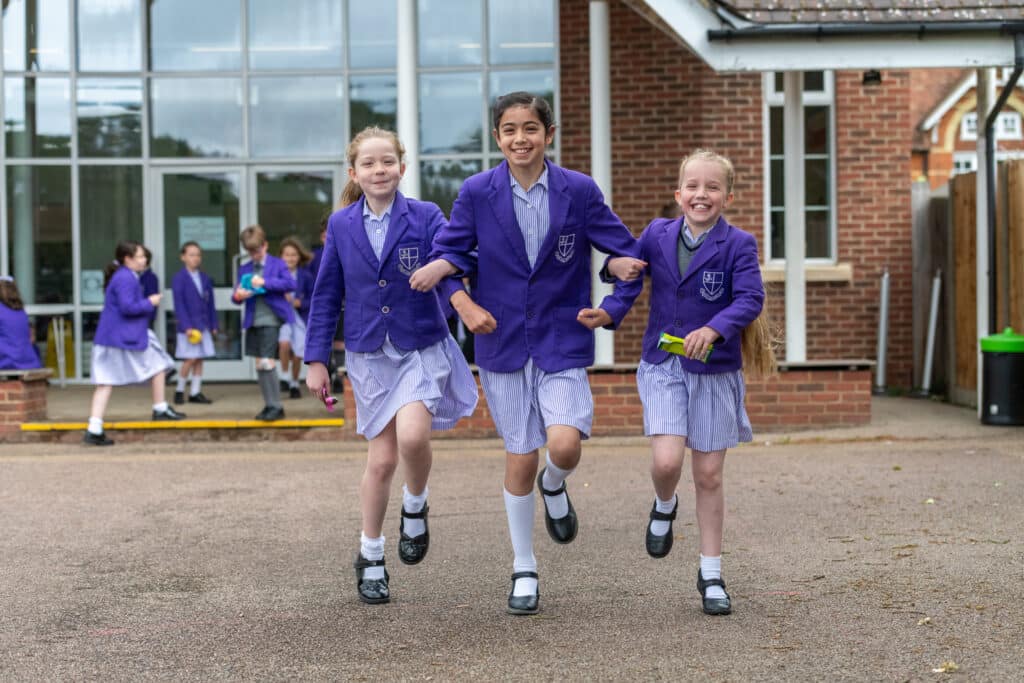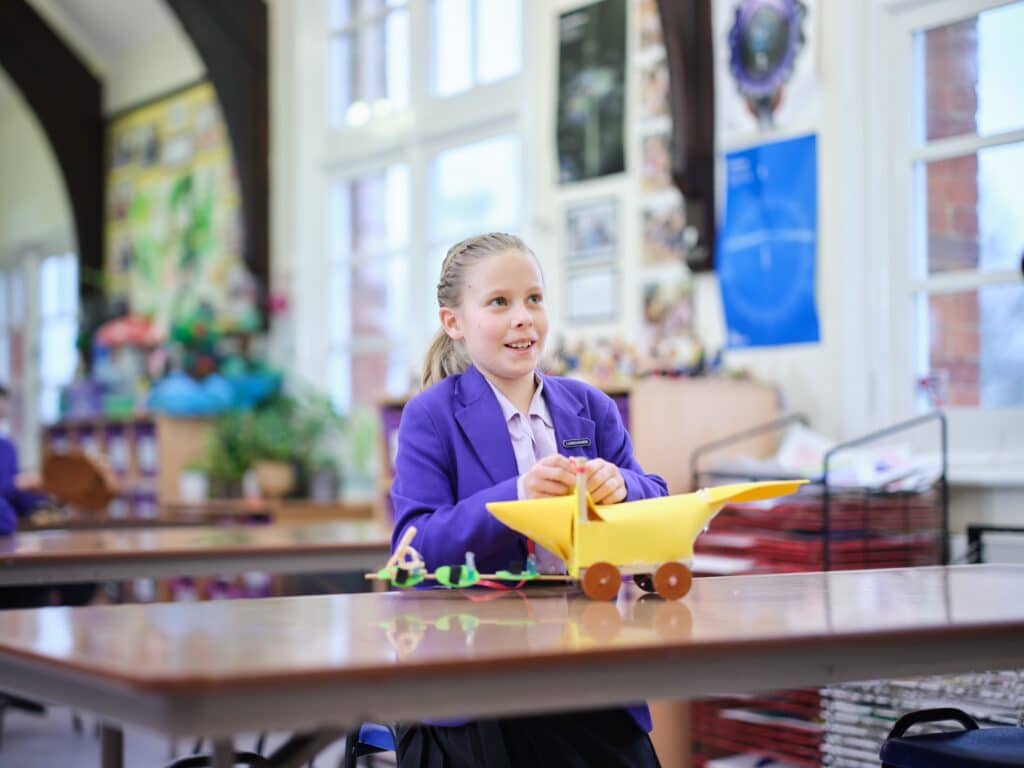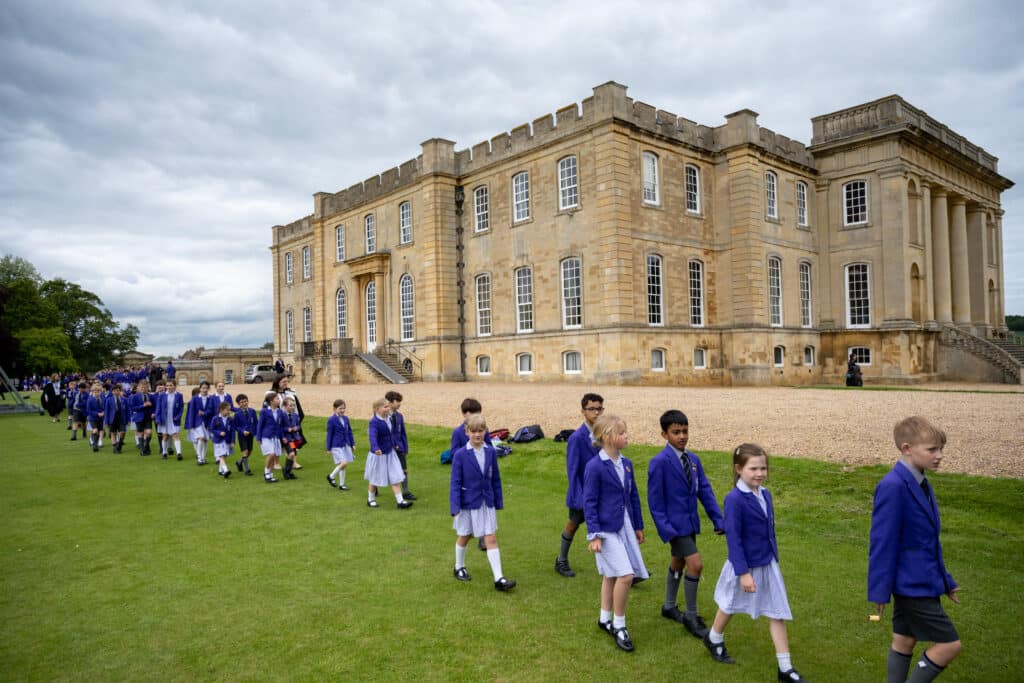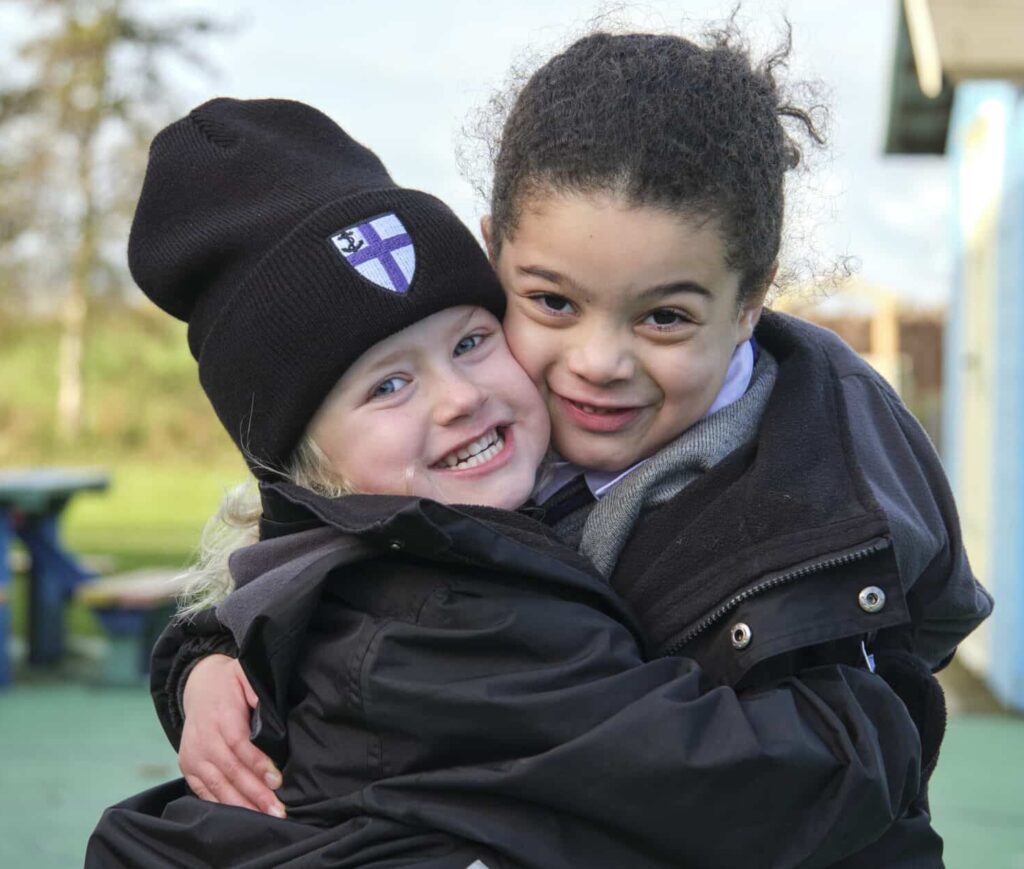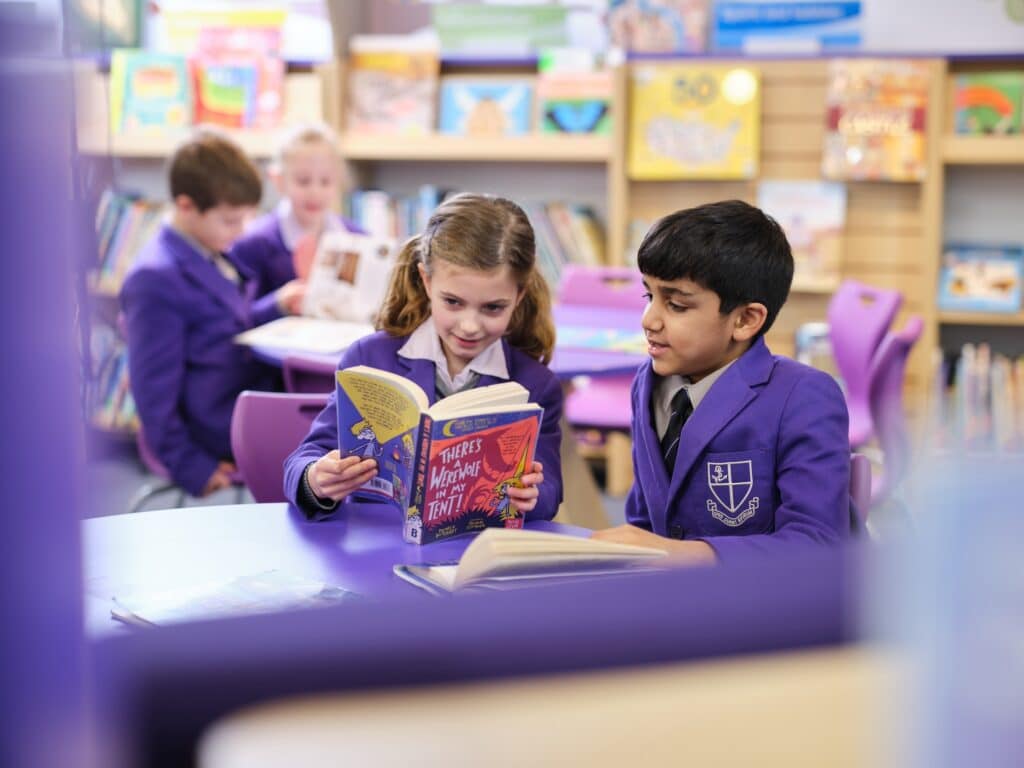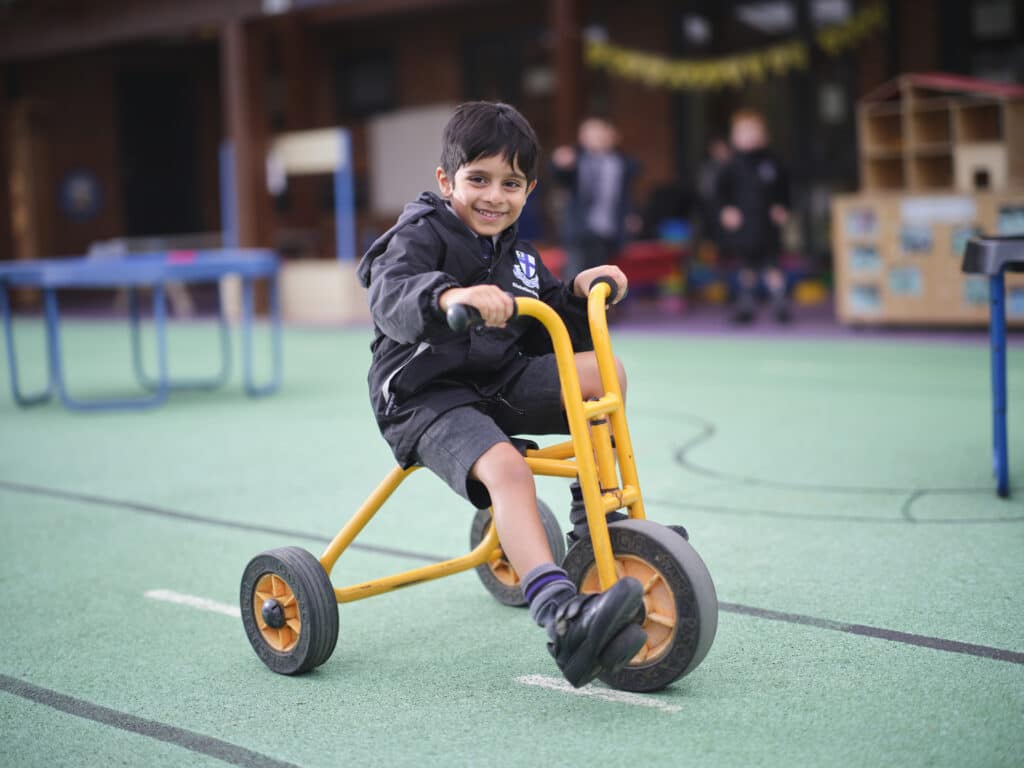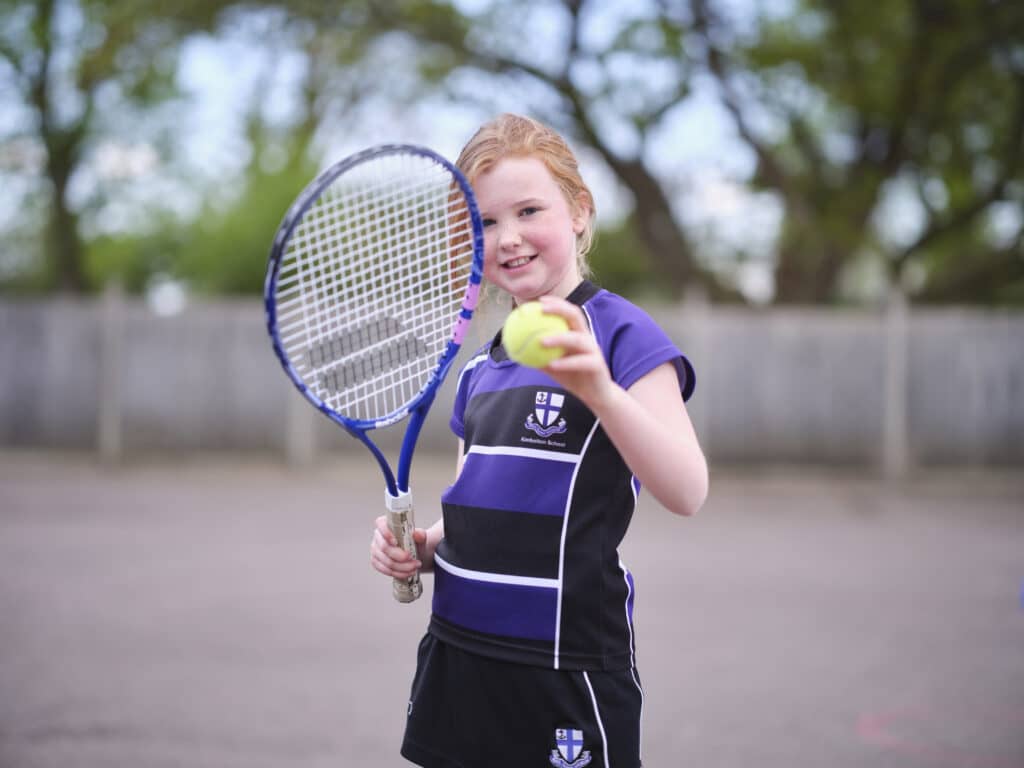
Academic information
EYFS, Key Stages 1 and 2
Our curriculum
The Prep School curriculum is closely allied to the National Curriculum. However, as an independent school we extend these guidelines to create an all-round education that makes our school unique.
We offer additions to the National Curriculum such as modern foreign languages, swimming, drama, food and nutrition linked to design and technology, practical maths, textiles, pottery, ceramics, separate humanities subjects, visits to Squirrel Wood (Reception) and Forest School (KS1).
In the Upper Prep there is an incremental use of specialist teachers. We feel that contact with several teachers during the day is a strength of the school, and it is good preparation for the Senior School where the children have a different teacher for every subject.
However, we ensure that children maintain contact with their form tutor as this is essential to children of this age.
Curriculum topics
EYFS Curriculum maps are sent home at the beginning of each term.
Subject setting
Once the children move into Year 3, all subjects except mathematics are studied in class groups. Many children move between maths sets at this stage, dependent on a number of factors including progress, confidence and attitude to learning. The same curriculum areas are covered by all sets, only the pace differs allowing all to progress at the best pace.
Assessments
Assessment is an ongoing process and is used in the formal and informal appraisal of each child’s progress in classroom. Class/subject teachers are responsible for the assessment of each child’s learning.
Consultation with support staff and other teaching staff is also integral to our assessment procedures. There is a timetable for formal assessments and results of tests are used to inform children and parents of progress, strengths and areas for
development, along with informing staff of the success of teaching strategies and strength of our curriculum.
In addition to formal assessments, many other informal assessments take place. For example, there are regular spelling tests, as well as Times Tables Rock Stars and mental arithmetic tests. Teachers use formative assessment judgements from EYFS to Year 6 and this information is used to monitor progress and inform future planning. It is not necessary, or desirable, for all work to be formally assessed; staff make professional judgements in relation to which work is assessed, formally or informally. Self and peer assessment plays a key role in effective learning. Children are regularly encouraged to assess their work against success criteria. Involving children in the learning process makes them more aware of the next steps in their learning and more reflective and independent learners.
Feeding and academic progress reports
We keep you updated about your child’s progress through parents evenings and an end of year report. For Upper Prep pupils, these are supplemented with a Grade Card which is issued once or twice each term. The card contains a summative description of the child’s attitude to learning, and at the end of term, attainment, in each subject. Should there be a marked decline in grades or performance, your child’s form tutor will contact you but this should not preclude you from making contact if you have any concerns.
Homework
The points below aim to answer the most frequently asked questions about homework. Please talk to your child’s class teacher if you need further clarification.
Homework can be set in a variety of ways including using Seesaw, a multimedia tool in Years 1-6.
At what age does homework start coming home and how much will my child be set?
Homework begins when your child is ready! For most it will be in the Reception year. All children are expected to read each evening, preferably to an adult, until they become confident free readers.
Homework is age and stage appropriate and a timetable for the children will be given out at the start of the academic year. Pupil feedback has indicated that a more flexible attitude towards homework is the best approach and as a school we are mindful of busy lives and pupils’ external commitments. Reading in the foundation of all academic progress and the school encourages regular reading for pleasure. Homework will be written in the homework diary every time this is set and the deadline, so pupils have a clear time expectation and can indicate to the teacher if there are any obstacles or events that need to be accounted for.
Timings
These are flexible. General guidance:
- Year 5 and 6: 40 minutes per evening, this includes reading. If applicable, minimum 10 minutes individual instrument practice each night.
- Year 3 and 4: 30 minutes per evening, this includes reading. If applicable, minimum 10 minutes individual instrument practice each night.
- Year 2: 20 minutes per evening, this must include reading every night.
- Year 1: 15 minutes per evening, and this must include phonics or reading every night.
How does the school help pupils to organise their homework?
Each Upper Prep pupil is given a homework diary in which they record the homework given each day. The timetable states which subject is set each evening and parents are encouraged to sign the diary regularly. Lower Prep pupils have a similar diary, which is used as a reading record and as a means of parent/teacher communication.
Unless otherwise stated, homework should be handed in the following day.
Flexibility with homework is to ensure that the work is completed and children and parents are not unduly stressed by the process. Teachers will set reasonable deadlines.
In Reception, homework is set on a Friday via Tapestry. We expect it to be completed by the following Wednesday.
How should I assist my child?
There are a number of ways that you can assist:
- Encourage your child to read each evening for the recommended time.
- Check that your child’s Upper Prep diary is filled in clearly and regularly. Please initial it at least once a week.
- Agree a timeframe for homework and work within it. Ensure that things are not left until the last minute.
- Before starting, check that your child is clear about the task and has the relevant materials and resources.
- Provide suitable working conditions. Negotiate an appropriate time and place that suits everyone concerned.
- Take a positive and active interest in your child’s work at home rather than just insisting that it is done.
- If your child finds a task difficult resist the temptation to do the work yourself! The teacher will assume that your child has mastered the skill and set harder work next time.
- If your child cannot complete the work, stop the homework session after the allotted time (give or take a few minutes). Please make a note about the problem in the homework diary planner.
- Encourage your child to read each evening for the recommended time.
Trips and visits
Excursions away from school, and visitors to the school, can be of great value in enriching the children’s education and understanding of topics. The children can expect to go on a number of trips each year. Trips in the past have included visits to the National Space Centre to complement science lessons, to Mountfitchet Castle to support pupils’ History studies, and to Stanwick Lakes for nature-related activities.
Additionally, we regularly welcome visitors to the school who bring a new perspective to bear on almost every area of the curriculum, be it a poet on World Book Day or a magician to teach us about recycling!
Theatre trips are organised at Christmas, and at the end of the summer term, a number of in-school and external activities may be arranged.
The older children can also take part in UK-based residential trips in Years 3-5 and a European residential offered to Year 6. Additional charges are made for most trips and visits.
Parent helpers
We welcome assistance from parent volunteers when we travel off-site. Any parents fulfilling this role will need a DBS
check and Safeguarding Training; please let the School Office know if you would like to be considered.
Academic support department
We recognise that every child matters, is unique and that all have talents in different areas. However, it may become apparent that your child may need some additional individual academic support, either in or out of the classroom.
When this is identified, the Academic Support Department works with the pupils themselves, our school staff and parents to assess and identify the pupil’s strengths and support any apparent weaknesses that are impacting on the pupil’s academic progress. Assessment and any subsequent action is carried out using appropriate and relevant methods for each individual. It may involve internal diagnostic, or external specialist support and involvement.
We have a qualified and experienced team of staff with expertise in supporting pupils with a variety of specific neurodiverse learning difficulties; including dyslexia, dyspraxia, dyscalculia, dysgraphia, Autism and ADHD. All our teaching staff recognise that every child has a favoured learning style. We encourage the pupils to recognise this and we work with school staff and parents to ensure the curriculum can be appropriately accessed using their preferred learning style, enabling them to reach their full potential. Key to our work is supporting the pupil to create, and effectively use a ‘toolkit of strategies’ to navigate round any underlying difficulty.
One-to-one teaching and small group sessions
Pupils may be taught in one-to-one sessions (bespoke targeted individually planned and delivered lessons, which may incur an extra charge to the termly fees bill) and / or in small groups in or out of the whole class setting. An initial assessment may involve a discussion with the class teacher and parents, an informal observation in class and one to one assessment / work.
A teaching programme, or a set of top tips for the teachers, could be drawn up with specific activities/targets tailored to the individual’s needs. Pupils, parents and teachers participate in the process of crafting any academic Individual Educational Programme (IEP) or Pupil Support Plan (PSP) for a pupil in receipt of one-to-one lessons. Differentiation within the class is effected by planning appropriate activities that allow the pupils to access the learning in order to achieve success through attainable goals, thereby reaching their potential.
Top tips can help to enhance this provision.
All these pupils are carefully monitored and tracked. Regular meetings are held with individual teachers, year groups of teacher and with full staff to discuss the pupil’s needs and any further intervention/support necessary. Subsequent meetings with parents discuss progress and next steps. All are documented and a summary of each meeting sent to parents.
Parents are encouraged to contact the department at any time as regular communication is essential. Some bespoke one-to-one planning and teaching, to address a pupil’s underlying difficulties, incurs an extra tuition cost.
